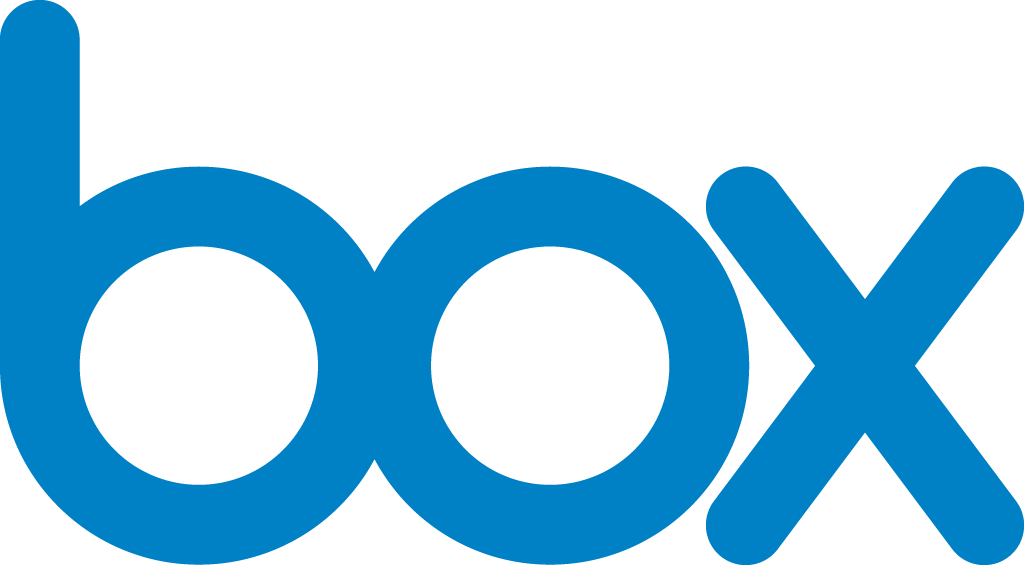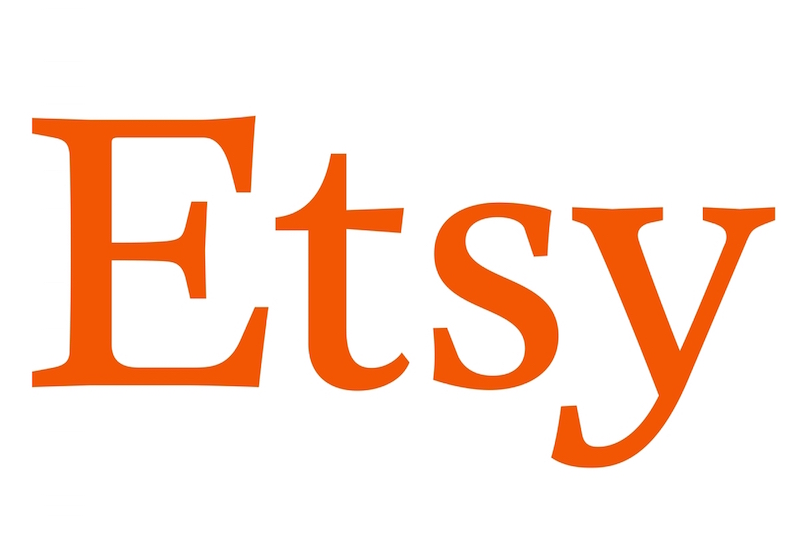Jun 28
Why Current IPO Models Suck For Tech Companies
Imagine you spent quite some time on designing and crafting a lamp and want to sell it, but you don’t know how much you should charge. You decide to hire a market expert. The market expert tells you that you can get $1,000 for this lamp and if you want him to sell it for you, he charges you a fee. You agree, because he helped you. The expert buys the lamp from you for $1,000 (minus fees) and right away walks to another buyer and sells it for 2,000.
Would you expect celebrating this sale as big success with the market expert? Would you expect the media to praise you for your business acumen?
If you are like most people, you wouldn’t. It just means that you got screwed. You just got shortchanged 100%. Yet this is exactly what happens with initial public offerings.
Wearables firm Fitbit had an IPO this month and the share prices rose over 50% within hours. Let’s do the math: Fitbit shares were priced at $20. In total the 36.6Mio shares flushed in approx. $732Mio for Fitbit. But the immediate price spike meant that the price was 50% too low. This could have meant another $360Mio for Fitbit.
Or cloud-based storage company Box’s share price jumped 66% at their IPO in January 2015. The IPO price was $14 per share raising $175Mio, and a 66% spike meant that $115.5Mio went to somebody else and not to Box.
And then there was Etsy in April 2015. The stock price closed at 86% above the issuing price. Instead of the $287Mio that Etsy raised, around $250Mio were left on the table, because the initial share price was evaluated at $16 instead of $30.
And the list just keeps getting longer. These three companies alone got shortchanged $725Mio. An amount that they could have used to build more awesome technology, services, and offerings.
When the precision thing happens, such as setting the initial share price at exactly the market value, everyone goes into a panic mode, investors even threaten with lawsuits, like with the Facebook IPO. Back then Facebook’s closing price was only 23 cents above the issuing price of $38 (less than 1%). Not counting the technical difficulties of the trading platform on the first day, Facebook made $16bn with offering the shares at nearly exactly the price that the market was willing to pay.
This should have been a reason to celebrate. The tech company that did all the work got the market price and now build even more stuff. But that’s not how the media and the markets saw it. They painted this as spectacular IPO failure. And I just don’t get.
If the lamp that you built turns on only twice for every 3 times that you press the button, everyone would consider this a bad product. If the gas pump keeps a third of the gas that you paid, then you’d not go to this gas station anymore. If your smartphone crashes half of the time, you’d return it and ask for your money back.
So why are companies totally OK with losing so much money at IPOs? Why do they hire Wall Street to help them estimate a share price, pay hefty fees, when they see the prices being grossly under the value that the market is willing to pay? And why does media celebrate those share price spikes as success stories?
As an engineer with a Silicon Valley mentality, the price and market prediction models that Wall Street seems to use, suck big time. Share prices being 50%, 66%, and 86% off tell me one thing: then banks have no clue at all. Whatever bank works with a company going public sucks in what they are doing. Yet, they are paid handsome amounts. Yet they are the gatekeepers for selling the shares and making even more money with that. Yet they are being painted as financial wizards.
Or maybe they don’t suck, but their customers are some other people and institutions, and the companies going public are the kettle to be slaughtered. Then this is a misrepresentation of whom they serve. According to a PwC IPO study for 2014, 288 IPOs raised $83.9bn. If prediction models are off so often and at such rates, then we are talking about billions of dollars that companies going public are not getting.
Whatever model(s) and incentive systems are used today, they shortchange and screw the companies that deserve the money first and foremost: those companies who built the value and continue building value. And maybe it’s also an ego problem. The founders may be too eager to finally have the exit that they throw every sense over board. The early investors don’t care anymore, as they offload all their shares. If the company that they had helped with investments is now shortchanged in money, then this is none of their matter anymore.
That’s why I am calling for better models and approaches. Tech companies need to study Facebook’s model and any other IPO that had a better market match between initial vs. trading price in the first hours. It’s time that new FinTech companies that offer such services disrupt the IPO industry as well.
I for now will sell that lamp myself without the market expert.
This article was originally posted on LinkedIn.





Recent Comments